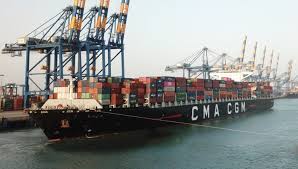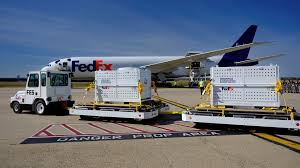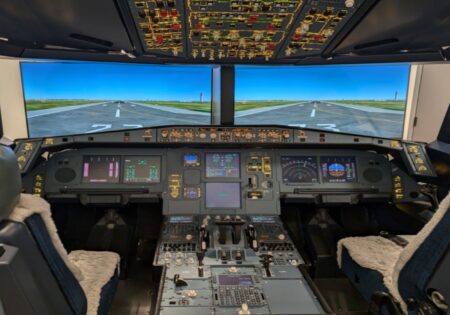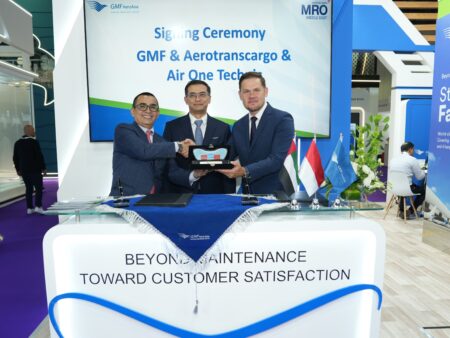The two newfound friends are capitalising on the expanding airfreight market. Following the announcement of a significant partnership between the two former opponents earlier in September, the cargo divisions of Emirates and United Airlines have signed a Memorandum of Understanding. Under the terms of the new agreement, the two parties will collaborate closely on a variety of issues, including expanding cargo interline options and blocked space agreements, subject to regulatory approvals.
The new dimension of Emirates SkyCargo and United Cargo’s collaboration was adopted during the World Cargo Symposium (WCS) – IATA event in London, UK. According to the two carriers, the terms of the MoU will benefit their air freight customers worldwide by expanding on existing cargo interline agreements and providing more capacity on a larger combined global network.
Through United Cargo, Emirates SkyCargo customers will have access to over 200 cities in the United States and 300 cities across five continents. “Emirates SkyCargo is committed to being the global leader in air cargo by providing our customers with the highest quality products and services,” said Nabil Sultan, Emirates Divisional Senior Vice President, Cargo. Cooperating with United, a leading airline in its own right, with complementary strengths and networks to our own, will allow us to add value for our customers and help them reach new markets more quickly.”
Common commitment
Through the belly-hold of passenger flights to over 100 global destinations and 11 freighters, United Cargo customers will have access to Emirates SkyCargo’s high-frequency distribution network. United Cargo President Jan Krems issued the following statement: “United is delighted to collaborate with Emirates SkyCargo on this MoU.” Emirates SkyCargo is an important player in the industry as one of the leading carriers worldwide, and our supplementary capabilities enable us to provide new service offerings to our customers worldwide. We share a commitment to providing industry-leading solutions to our customers, and we look forward to continuing to collaborate in the future.”
Following previous accusations about what type of government assistance is or is not reasonable, the two airlines buried the hatchet in September.Both carriers have fared well during the crisis, with United emerging as the leading US carrier flying across the Atlantic. Of course, the pandemic increased air cargo fares because normally available belly-hold space was no longer available for the transportation of goods. (We can all recall the birth of the “preighter.”) The global air freight market is expected to be worth $270.3 billion in 2021. It is expected to reach $390.7 billion by 2027.
United Airlines’ fleet does not include any dedicated freighter aircraft. Emirates SkyCargo, on the other hand, operates 11 Boeing 777-200F jets. Two of them, A6-EFU and A6-EFT, are brand new, having been delivered in June of this year and the month before. Given that the order for the two new freighters was placed in November of last year, this was a pretty good turnaround for Boeing. This summer, Emirates also announced that it would provide Israel Aircraft Industries with ten of its passenger Triple Sevens for conversion to cargo aircraft.











